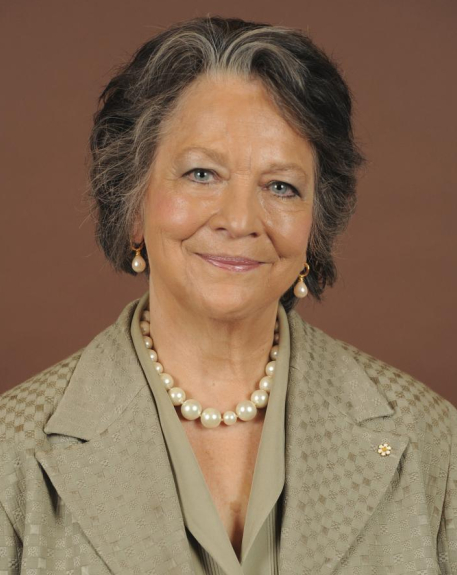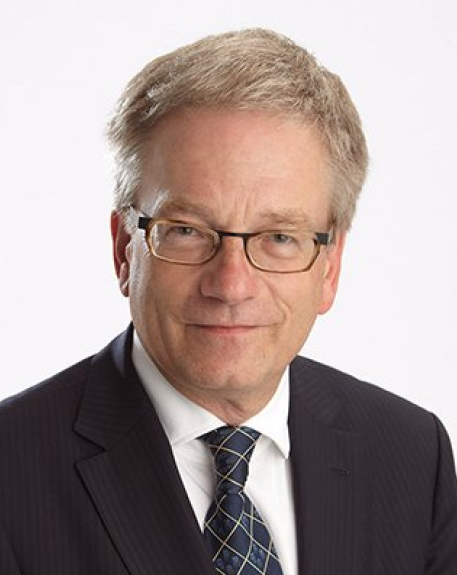2003 INDUCTEE J. Fraser Mustard, MD PhD Blood, Leadership in Organizational Development, Health and Medical Education & Training
October 16, 1927
(Toronto, Ontario)
November 16, 2011
MD, University of Toronto (1954)
PhD, Cambridge University (1956)
2005: Lifetime Achievement Award, Lawson Foundation
2001: FNG Starr Medal, Canadian Medical Association
See All AwardsAwards & Honours:
2005: Lifetime Achievement Award, Lawson Foundation
2001: FNG Starr Medal, Canadian Medical Association
1994: Companion of the Order of Canada
1993: Sir John William Dawson Medal
1993: Royal Bank Award
1992: Order of Ontario
1986: Officer of the Order of Canada
1976: Fellow of the Royal Society of Canada
1965: Fellow of the Royal College of Physicians of Canada
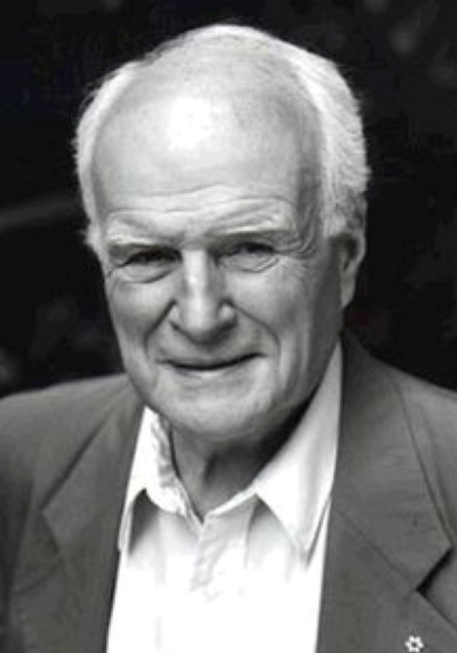
Implemented innovative approaches to medical education and interdisciplinary research
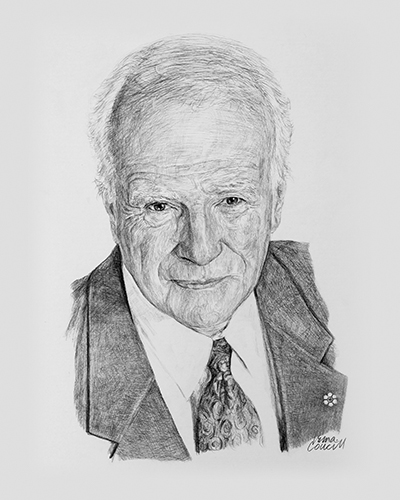
A World Class Researcher and Educational Visionary
Dr. Fraser Mustard’s contribution to Canadian medical research began early in his career. As a research fellow at the University of Toronto, he became an expert in platelet physiology and its relationship to thrombosis and atherosclerosis. The pinnacle of his research career came in 1966. Dr. Mustard became a founding member of the McMaster University Faculty of Medicine. The revolutionary educational philosophy of the new school coincided with Dr. Mustard’s own learning philosophy about the importance of learning how to problem-solve throughout life. This commitment to education continued for the rest of Dr. Mustard’s career in his roles at the Canadian Institute of Advanced Research and as an advocate for early childhood development.
Key Facts
Demonstrated the link between acetylsalicylic acid (Aspirin) and the prevention of heart attacks and stroke
Co-Authored “The Early Years Report for Ontario,” which helped to shape current approaches to early childhood education
Worked with organizations and governments around the world, including Aga Khan University, the government of Australia, World Bank, UNICEF, etc... He emphasized the importance to society of early childhood development.
Served as Chair for the first board of directors of Work and Health
Awarded 23 honorary degrees
Professional timeline
Impact on lives today
Dr. Mustard’s commitment to the multiple aspect of human well-being will continue to impact the lives of future generations. Today, CIFAR continues to bring together the world’s best researchers to address new areas of inquiry beyond the boundaries of traditional frameworks. With over 1,000 researchers, CIFAR holds bright promise that our society can address the complex problems of the world. In addition, Dr. Mustard’s leadership in early childhood development led to policies that continue to inform educational practice and improve the well-being of children. For instance, full-day kindergarten has been demonstrated to improve educational achievement, health outcomes, and parent’s ability to remain in the workforce.
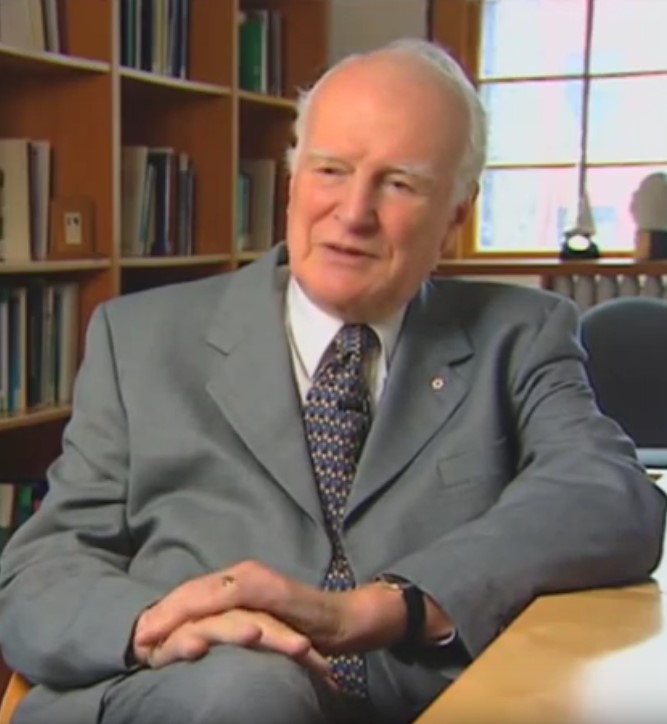
2012
-
The Fraser Mustard Institute for Human Development is established
The FMI was the first institute of kind in Canada.
-
Mustard became chair of the Council for Early Childhood Education
Leadership in Organizational DevelopmentAs a result of his 1999 report The Early Years, the Council for Early Childhood education was created. Mustard served as the chair from 2004-2010.
-
Fraser Mustard inducted into the Canadian Medical Hall of Fame
London, Ontario
-
Fraser Mustard devoted his time and energy to early childhood development
Public Health, Health Promotion & AdvocacyHe became a tireless advocate for early childhood education as well as a champion for the social determinants of health. In particular, Mustard advanced the implementation of full-day, play-based kindergarten.
-
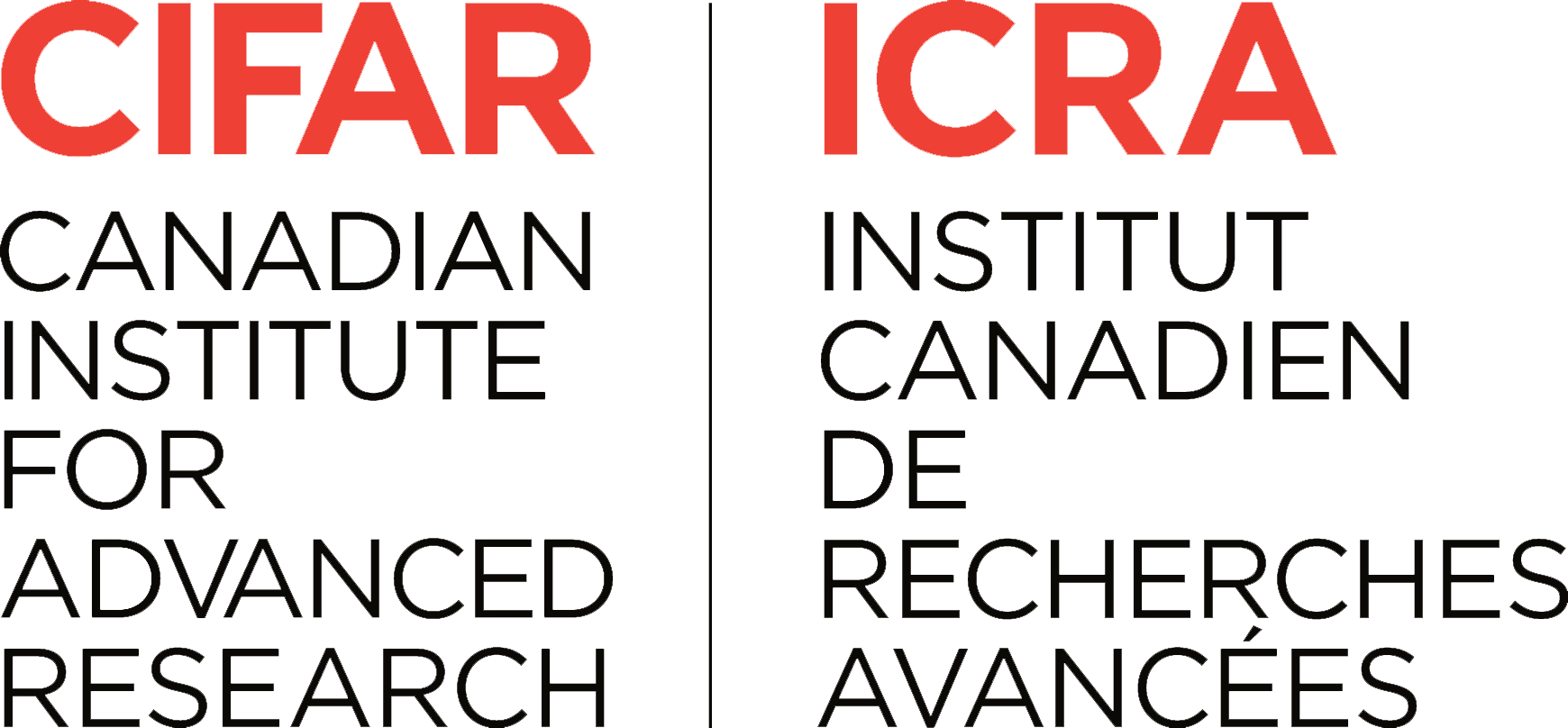
Dr. Mustard founded the Canadian Institute for Advanced Research.
Leadership in Organizational DevelopmentServing as the first president, Mustard pushed against the barriers of institutions and disciplines to form an independent multidisciplinary hub of research. He remained president for the next 14 years.
-

Fraser Mustard became a founding member of the McMaster University’s Faculty of Medicine
Health and Medical Education & Training, Leadership in Organizational DevelopmentThe faculty was an innovator in medical education. Rather than lectures and exams, the school focused on small-group problem-based learning. While at McMaster, Mustard became the first Chair of the Department of Pathology and later served as Dean of Medicine and Vice-President (Health Sciences).
-
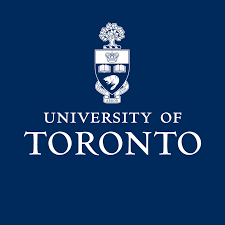
Upon returning to Canada from graduate studies, Fraser Mustard became a research fellow in the Department of Medicine at the University of Toronto
BloodMustard and his team carried out ground-breaking research on the role of platelets in the coagulation of blood, and the means by which this process could be controlled.
-

Following graduation from medical school, Mustard pursued further research training.
He completed his PhD in the Department of Medicine at the University of Cambridge.
1954
He didn’t accept barriers to knowledge.

